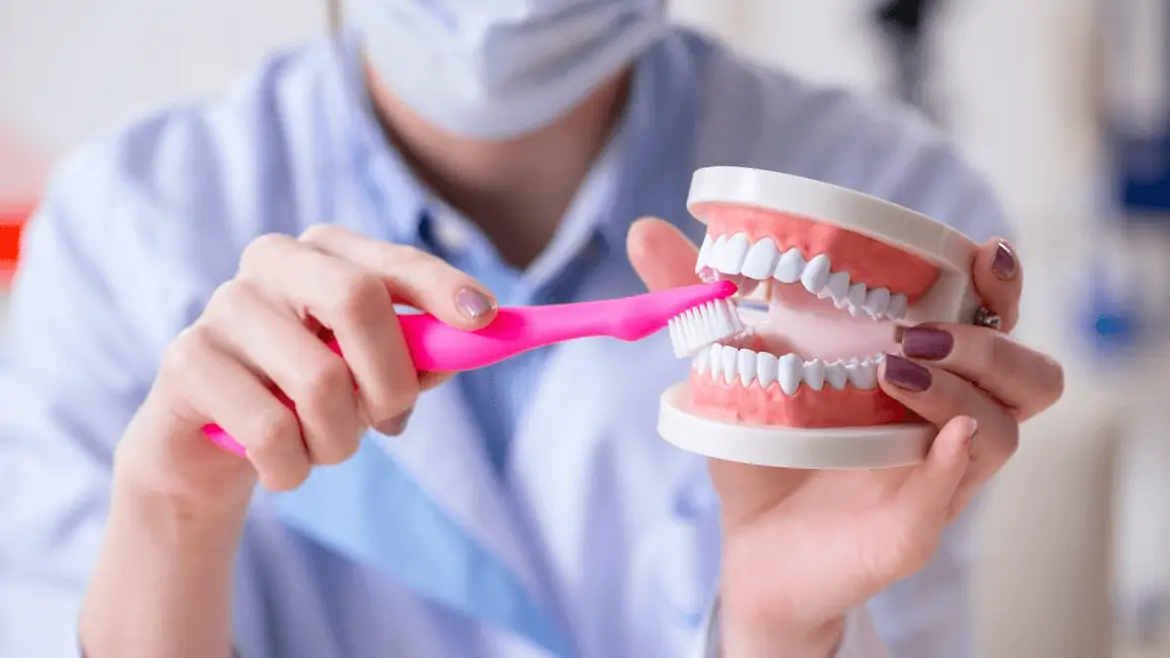Oral hygiene is about more than maintaining pearly white teeth and preventing cavities. The state of your oral hygiene contributes to your overall health. When we fail to take care of our teeth and gums, we are putting our bodies at risk of heart disease, stroke, diabetes, and other chronic illnesses. Periodontal disease is one.The post How Gum Disease Affects Your Long-Term Health appeared first on Medical Arts Dental.
Oral hygiene is about more than maintaining pearly white teeth and preventing cavities. The state of your oral hygiene contributes to your overall health. When we fail to take care of our teeth and gums, we are putting our bodies at risk of heart disease, stroke, diabetes, and other chronic illnesses.
Periodontal disease is one such health concern. Periodontal disease, also known as gum disease, is a chronic inflammatory disease. It develops from bacteria present in dental plaque at the gum line. When left untreated, periodontal disease can cause swollen gums, irritation, bleeding, damaged tissue, receding gums, and even tooth loss. According to Kreative Dentistry, periodontal disease can also exacerbate certain health conditions. The following conditions can become exasperated if you suffer from periodontal disease:
If You Take Medications …
Many medications like antihistamines, painkillers, antidepressants, and decongestants can limit saliva flow. Saliva aids in the process of washing away food particles and helps to neutralize acids left by bacteria deposits in the mouth. Certain medications such as those used to treat high blood pressure can also cause gums to swell and become misshapen, creating the perfect spaces for plaque to build up.
If You are at Risk for Cardiovascular Disease …
Studies show that periodontal disease is linked to higher rates of clogged arteries, strokes, and heart attacks. Gum disease can worsen existing cases of heart disease. Scientists make this association from studies that show periodontal disease increases inflammation in the body which increases the risk of heart disease. A study published on Kreative Dentistry suggests that oral bacteria may move into the bloodstream and contribute to plaque buildup in arteries.
